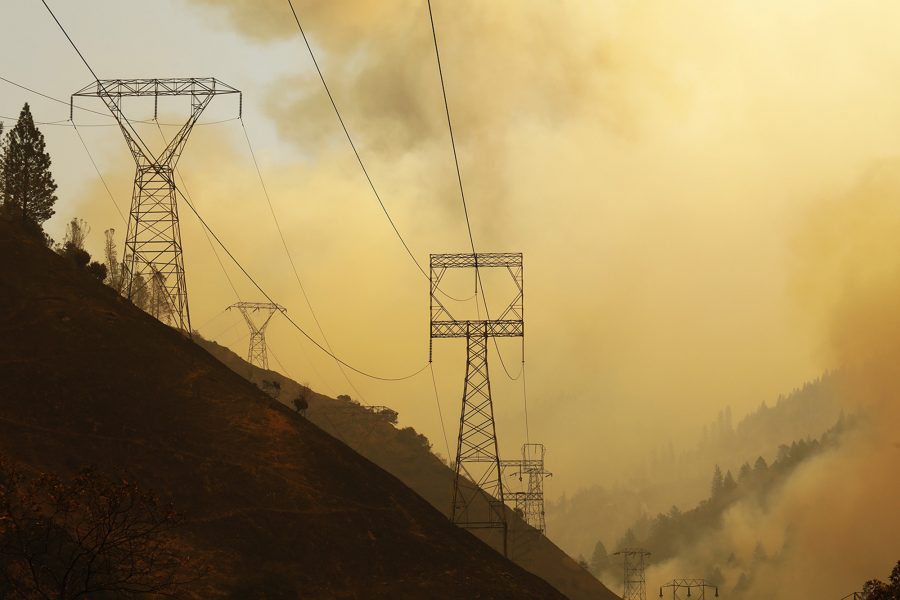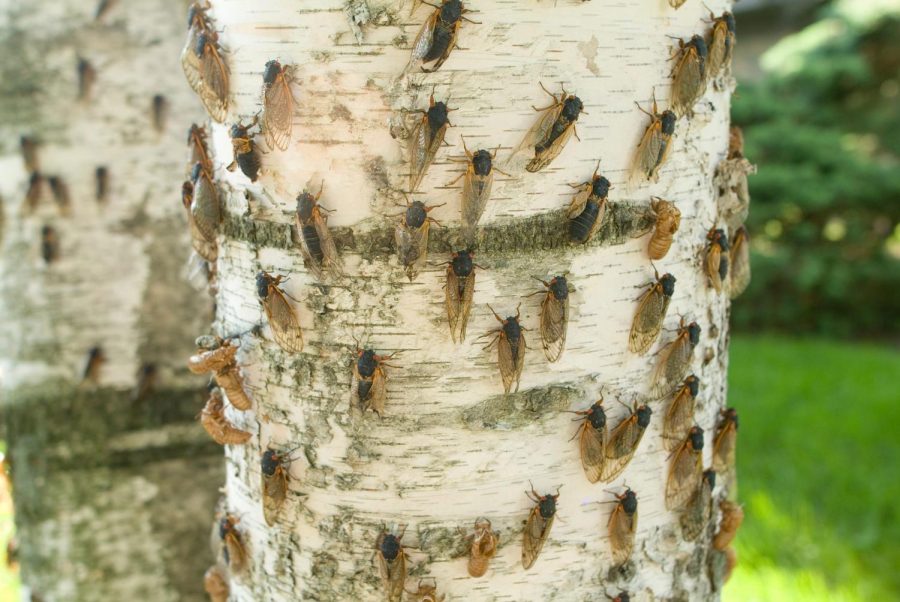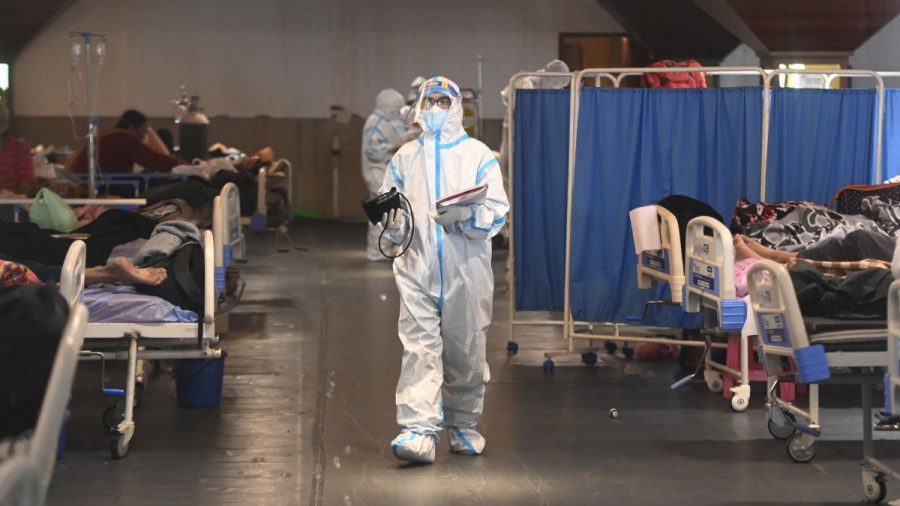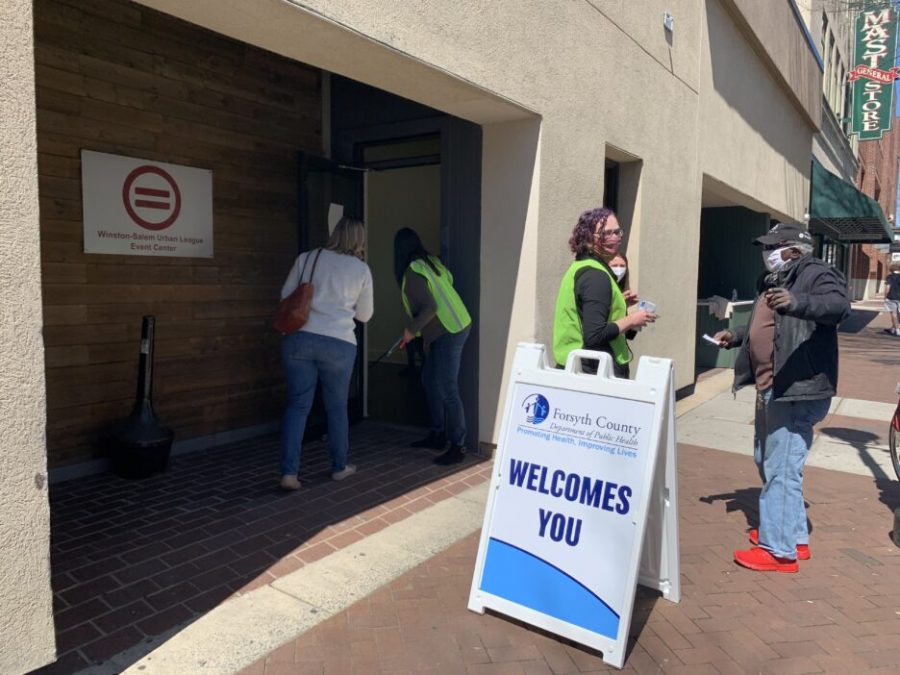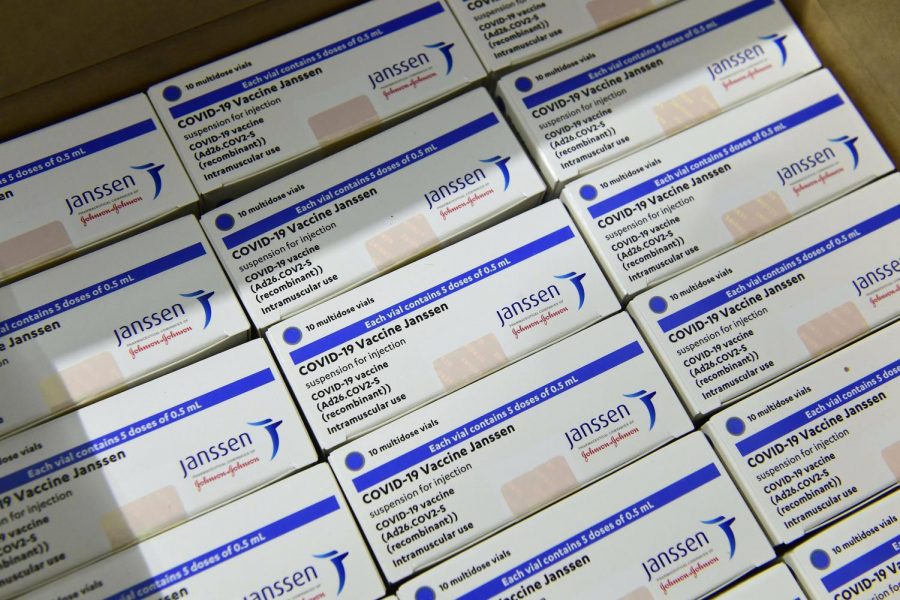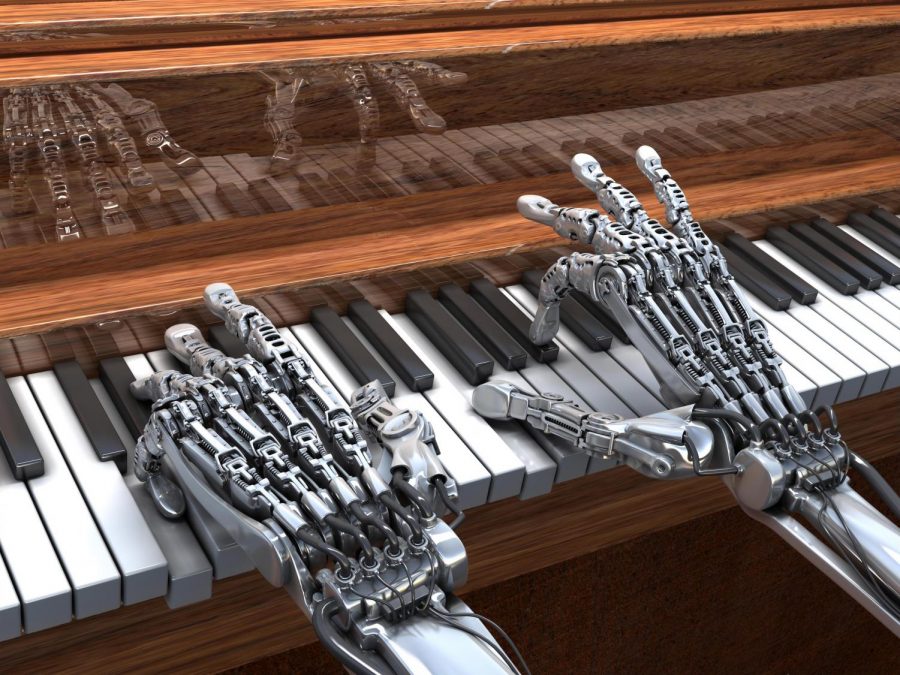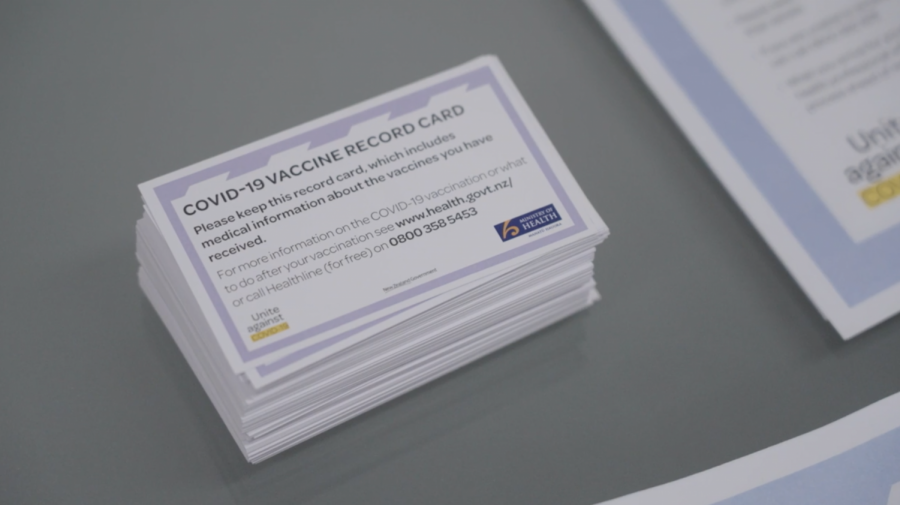Air and water pollution, as well as other environmental harm, have been greatly reduced since the COVID-19 pandemic began, but most experts warn against thinking of this as a ‘silver lining.’
“As we inch from a ‘war-time’ response to ‘building back better,’ we need to take on board the environmental signals and what they mean for our future and wellbeing,” said United Nations (UN) Environmental Chief Inger Anderson in a UN article. “COVID-19 is by no means a ‘silver lining’ for the environment.”
With domestic and international mobility severely reduced over the past several months, carbon emissions have been cut drastically. However, these improvements in global environmental conditions are temporary, and have come at a high human cost.
“With over 231,000 deaths and climbing, and billions impacted, this is by no means a positive situation,” said Brian Cohen, the Program Coordinator for the Office of Sustainability. “That doesn’t mean that we can’t learn from this experience.”
Many individuals, corporations and governments are already learning from the way that the pandemic has completely altered our previous realities. Many conferences, for example, may be virtual as opposed to in person even after the pandemic given that they are feasible and save time and resources.
“The impressive reductions in pollution that we’re seeing around the world go to show just how quickly our actions can make a difference if we’re willing to take big, bold steps,” Cohen said. “We can survive without airplanes and automobiles; the question is how much are we willing to sacrifice?”
Despite these positive hopes for progress, some corporations are failing to meet certain environmental regulations, claiming that the pandemic’s economic tolls are preventing them from doing so. There are sometimes reasonable responses during crises such as the Environmental Protection Agency giving leeway to companies during these unprecedented times.
“There will be a few cases that are fraudulent,” said Stan Meiburg, director of the graduate program in sustainability and former Acting Deputy Administrator of EPA. “The real question is whether the agency (EPA) will go after those or not.”
The election this November has an incredible impact on the trajectory of both EPA and environmental action in the United States. Meiburg stated that the aftermath of the pandemic will be a return to ‘business as usual’ if President Donald Trump is reelected, whereas we will see a lot more conscious effort to include renewable energy if a Democrat is elected.
Many experts are hopeful that the pandemic will be a wake up call and give rise to action, even if for selfish reasons.
“I think the issue is much bigger than just climate change — it is the general lack of concern and care for animal health and environmental health, and the recognition that all of this is connected to our human health,” said virologist and professor of Biology Pat Lord.
Given the interconnectedness of global systems, plant and animal health and human health are all intimately related. By adequately protecting our environments, we can more adequately protect ourselves.
“I would say that climate change has the potential to disrupt things on a similar scale [as COVID-19] and do we really want to go there?” Meiburg said.
In the past few months, lifestyles across the globe have been drastically altered, forever in some cases. There are positive perspectives and negative perspectives, but regardless, decisions will continue to be made that have impacts on both human and environmental health for years to come.
“What I think is more enduring is not what we’ve learned from this, but what habits we adopt,” Meiburg said. “It’ll change the way we think.”


